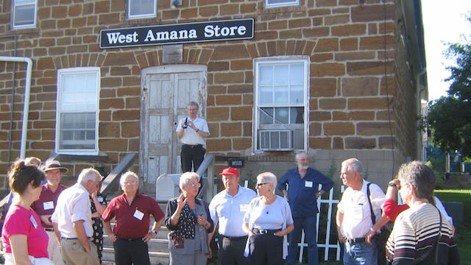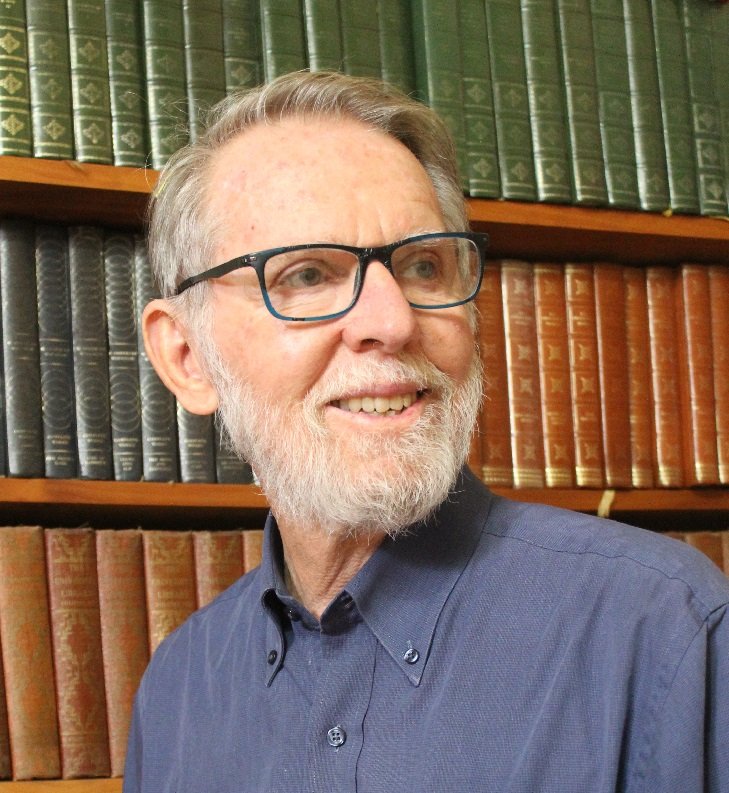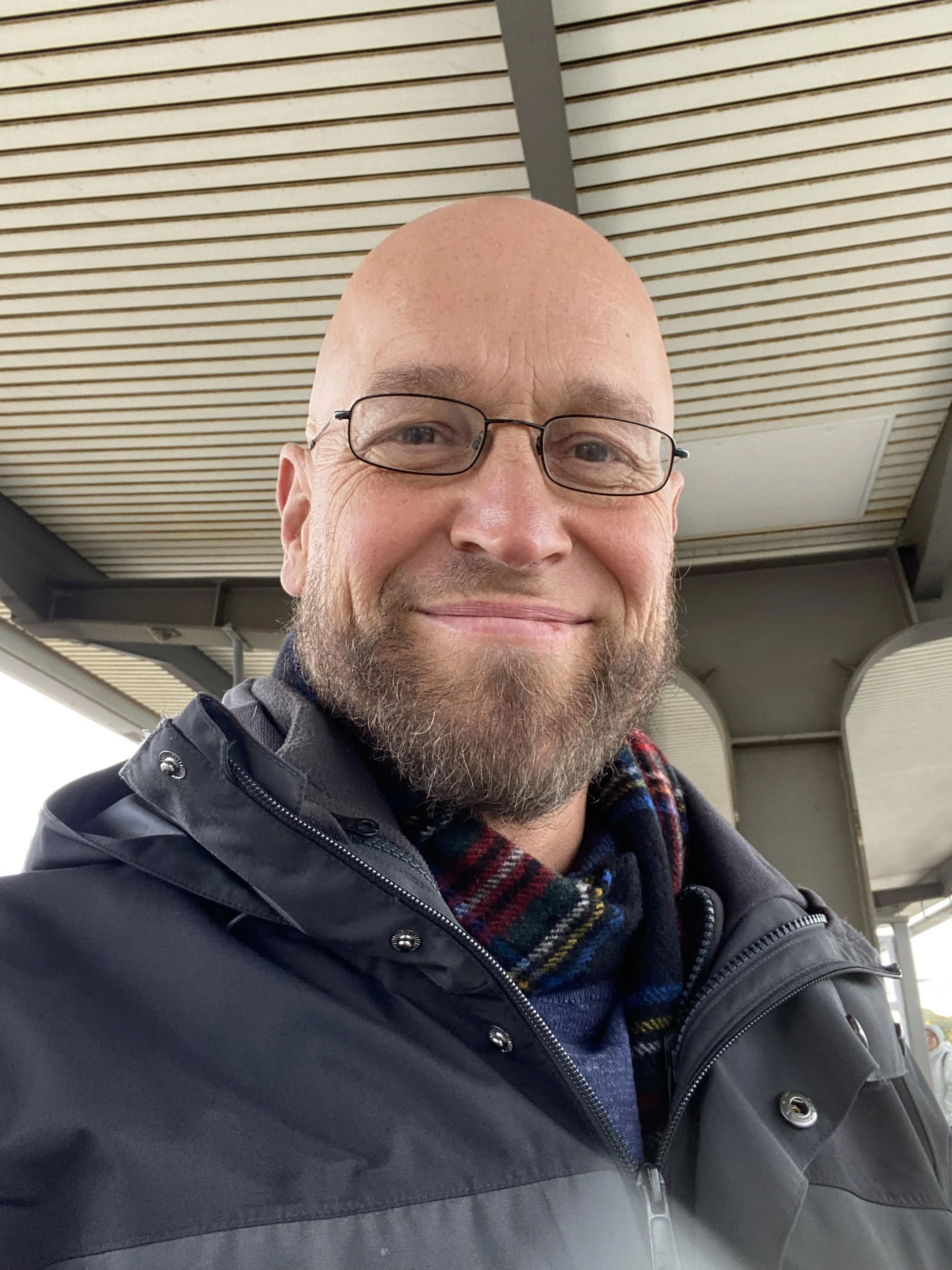
ICSA Webinars
2024/2025/2026
ICSA Webinars
Last year, ICSA launched a series of webinars taking place before the next face-to-face Conference in the summer of 2026. We’ve so far held six highly successful webinars, and we have three more scheduled over the following months. Each Webinar lasts 90 minutes, and offers a presentation followed by Q&A. Full recordings of all our previous webinars can be viewed for free from the link here.
Registration for our next webinar can be found by clicking the link here.
Webinar #7
Title: Book Presentation: Eco-communities: Surviving Well Together
Date: Wednesday, 4th March, 2026
Time: 13:00 Brazil, 11:00 EST, 18:00 Israel, 17:00 CET, 00:00 Perth, Australia
Presenter: Jenny Pickerill
Facilitator: Jan Martin Bang
Eco-communities can inspire, provoke, and challenge us to live more environmentally harmonious and collective lives. They are practical, ongoing experimentations in how we might survive well together – humans and all livingbeings on this planet. Eco-communities are examples of grassroot efforts at socio-ecological transformation –self-organised practices, infrastructures and spaces that seek to transform ways of being, living and working. This book answers four critical questions: Can eco-communities generate socio-ecological transformations, and if so how and in what form?; Who lives in eco-communities and what are the implications of this demographic composition?; What does it entail to organise via collective governance practices?; and how do eco-communities operate financially and generate money and livelihoods? While many eco-communities attempt to transform allelements of their daily lives (a holistic and interconnected reworking of how we dwell, eat, work, educate,reproduce, age, etc.) these processes as always incomplete, in-the-making, unfinished and messy. The book explores the ongoing processes of navigating these tensions and contradictions that none-the-less create hope that we might be able to live otherwise and be involved in world-making projects.
Webinar #6
Title: Lebensgarten: 38 Years of Permaculture Innovation – Insights from Members and Researchers
Date: Wednesday, 15th October, 2025
Time: 12:00 Brazil, 11:00 EST, 18:00 Israel, 17:00 CET, 23:00 Perth, Australia
Facilitators: Iris Kunze, PHD & Anne-Kathrin Schwab, PhD
Presenters: Tilmann Sauerwein and TBC
Lebensgarten in Germany, the community which hosts the next ICSA conference in July 2026, was started in 1983, inspired by Findhorn to transform an abandoned worker settlement into a vibrating ecovillage. Over the years, inspiring people have formed the project with permaculture, zen meditation, eco-mobility, non-violent communication and much more. How are the experiences of communal living in this settlement and how could Lebensgarten follow his vision and ambitious goals for a sustainable and global responsible way of living? Two researchers will present their results on Lebensgarten and will discuss with two members of Lebensgarten ecovillage.
Webinars #4 and #5
Our 40th anniversary celebrations included two special webinars that honored the incredible journey of the International Communal Studies Association. On Monday, 1st July and Wednesday, 3rd July, we came together to reflect on ICSA’s roots and looked ahead to its future. These sessions, led by a wonderful team – Michal Palgi, Pearl Bartelt, Deborah Altus, and Jan Martin Bang – brought together founders, long-time members, and new voices. As Pearl beautifully put it, “Everyone is a part of the story” – not just the organisation’s history, but the personal stories and shared values that have shaped ICSA over four decades. If you missed this opportunity to celebrate, connect, and contribute to the next chapter, you can watch the recordings from the links below
Webinar #3
Title: Governance and Dynamics of Communal Living
Date: Wednesday, 7th May, 2025
Facilitator: Iris Kunze
Presenters: Diana Leafe Christian and Stephen Lloyd-Moffett
This session explored the governance and social dynamics of communal living, diving into the key challenges and evolving approaches to decision-making in intentional communities.
Dr. Iris Kunze from ICSA, facilitated a compelling discussion between Diana Leafe Christian and Stephen Lloyd-Moffett, who together shared inspiring nuggets of wisdom based on their decades-long experiences and research.
We participated in a dynamic exchange of perspectives on consensus decision-making, Sociocracy, and the social forces shaping community governance. This was a wonderful example of being able to engage with leading experts in the field!
Webinar #2
Title: The Ecovillage Resilience Project
Date: Tuesday, 25th February, 2025
Presenter: Anna Kovasna
Facilitated by: Taisa Mattos
A special guest, Anna Kovasna, renowned for leading groundbreaking projects that bring practitioners and scientists together, joined us to share her extensive expertise and captivating stories from the field. This was a session filled with inspiration and practical insights!
Anna Kovasna talked about the Ecovillage Resilience Project: https://ecovillage.org/funded-projects/resilience/?swcfpc=1
The Ecovillage Resilience project gathers all GEN Regions and 20 communities from around the world to explore resilience, adaptation and transformation in a >+2.5 degrees global warming scenario.
Webinar #1
Title: Intentional Communities & Social Change
Date: Thursday, 26th September 2024
Presenters: Bill Metcalf, Iris Kunze, and Jan Martin Bang
Facilitated by: Taisa Mattos
Bill Metcalf, Iris Kunze and Jan Martin Bang presented aspects of research, followed by a general discussion chaired by Taisa Mattos. We saw how intentional community has influenced society in the past, and how it continues up to this day. We saw how intentional communities can offer solutions to the economic, ecological, technical and social challenges facing society today.
Information about the series presenters:
Anna Kovasna
Anna Kovasna is the co-chair of the Transition Network and board member of Gaia Education. She has been working for GEN for several years, in different roles, including Education Director. She is the Founder of the Ecovillages 2.5+: Community Resilience in the Face of Catastrophic Climate Change project.
Bill Metcalf, Ph.D.
Sociologist and social historian with over 51 years dedicated to living in and studying communes and intentional communities around the globe. Honorary Associate Professor of the University of Queensland. Awarded author of numerous reviews, books, chapters, encyclopaedia entries and articles. Currently building up a massive database of intentional communities in Australia.
Explore the meaning of “intentional community”, and the utopian goal of living a “better” life, by delving into who gets to decide this, how it is shaped by the politics and history of communities.
Iris Kunze, Ph.D.
Researcher, author, coach and project manager in the field of sustainable lifestyles, community, social innovations and civil society movements since 2001. Currently living in a tiny house rural community in Austria, and offering lectures, coaching, and training for communal living projects. Awarded Starting Scholar in 2011 by the Communal Studies Association (USA).
Intentional Communities as transformative Social Innovations
Jan Martin Bang
Permaculture Designer and teacher, former president of the International Communal Studies Association. Leading activist in environmental projects and ecovillage developments internationally with over 20 years experience in designing and teaching courses. Lived in income-sharing communities for 30 years, in Israel and Norway. Author of several descriptive and comprehensive sourcebooks.
Social impact in a variety of communities: Essenes, Monasteries, Robert Owen and maybe Kibbutz and Camphill.
Jenny Pickerill
Jenny Pickerill is Professor of Environmental Geography at the University of Sheffield, UK. Her work focuses on eco-communities, social justice, and experimental ways of living that balance human and environmental needs. Over many years she has studied grassroots innovations, such as self-build eco-housing, eco-communities, and collective governance, to understand how people live differently—and how those practices might scale. Jenny leads research into how eco-communities generate socio-ecological transformation, who engages in them, how they organise, and how they sustain their livelihoods.
Diana Leafe Christian
Diana Leafe Christian is an internationally recognized author, speaker, and trainer on intentional communities and governance. Her notable works include "Creating a Life Together: Practical Tools to Grow Ecovillages and Intentional Communities" and "Finding Community: How to Join an Ecovillage or Intentional Community", widely regarded as essential guides for forming and joining ecovillages successfully. For 14 years, she edited Communities Magazine, contributing significantly to the discourse on community-building. She has worked extensively with ecovillages and cooperative housing groups worldwide, offering practical tools to improve decision-making and reduce conflict. She is a longtime member of Earthaven Ecovillage in North Carolina, and recipient of the Geoph Kozeny Award for her contributions to the intentional communities movement.
Anne-Kathrin Schwab, PhD
Anne-Kathrin Schwab, PhD, is a leading researcher and educator in the fields of intentional communities, rurban transformation, participatory governance, and sustainable socio-ecological change. She has conducted extensive research on community-led initiatives, ecovillages, and shared economies, including comparative international studies. Since 2014, she has carried out intensive ethnographic research at Lebensgarten Steyerberg, where she also lived for three years—building strong friendships and bridging grassroots innovation with policy and academic discourse.
Since earning her doctorate magna cum laude, Schwab has taught and conducted research at the University of Vechta and collaborated internationally with networks and institutions such as ECOLISE, GEN International, GEN Europe, the University of Lisbon, and the University of St Andrews. She serves as a board member of the International Communal Studies Association (ICSA), is a Trustee of GEN International, and is one of the founding Directors of the International Ecovillage Research Institute (IERI), established in 2025 and based in Ireland.
Tilmann Sauerwein
In 2009, Tilmann Sauerwein left his engineering career and moved with his partner and two children to Lebensgarten Steyerberg. There, he learned about integral development theories and sociocracy, both of which he incorporated into his work on the board. As the co-founder of FairVenture, he promotes sales for the common good. Last year, he built a house for his his mother, who needs care, to live with him.
Sliding-scale Pricing:
One Session: €15
The next three Webinar Sessions: €30
The next three Webinar Sessions + ICSA Membership up to and including the 2026 Conference:
€50 Low income, member of income-sharing community
€100 Professional membership
€200 Institutional membership
€200 Individual sponsor
€500 Institutional partner membership








